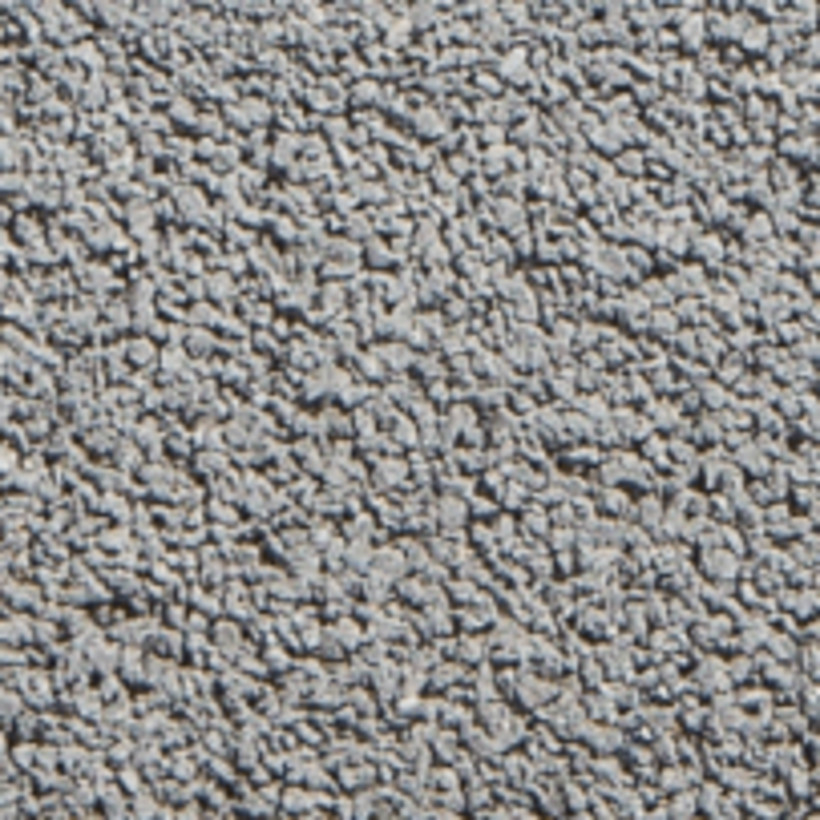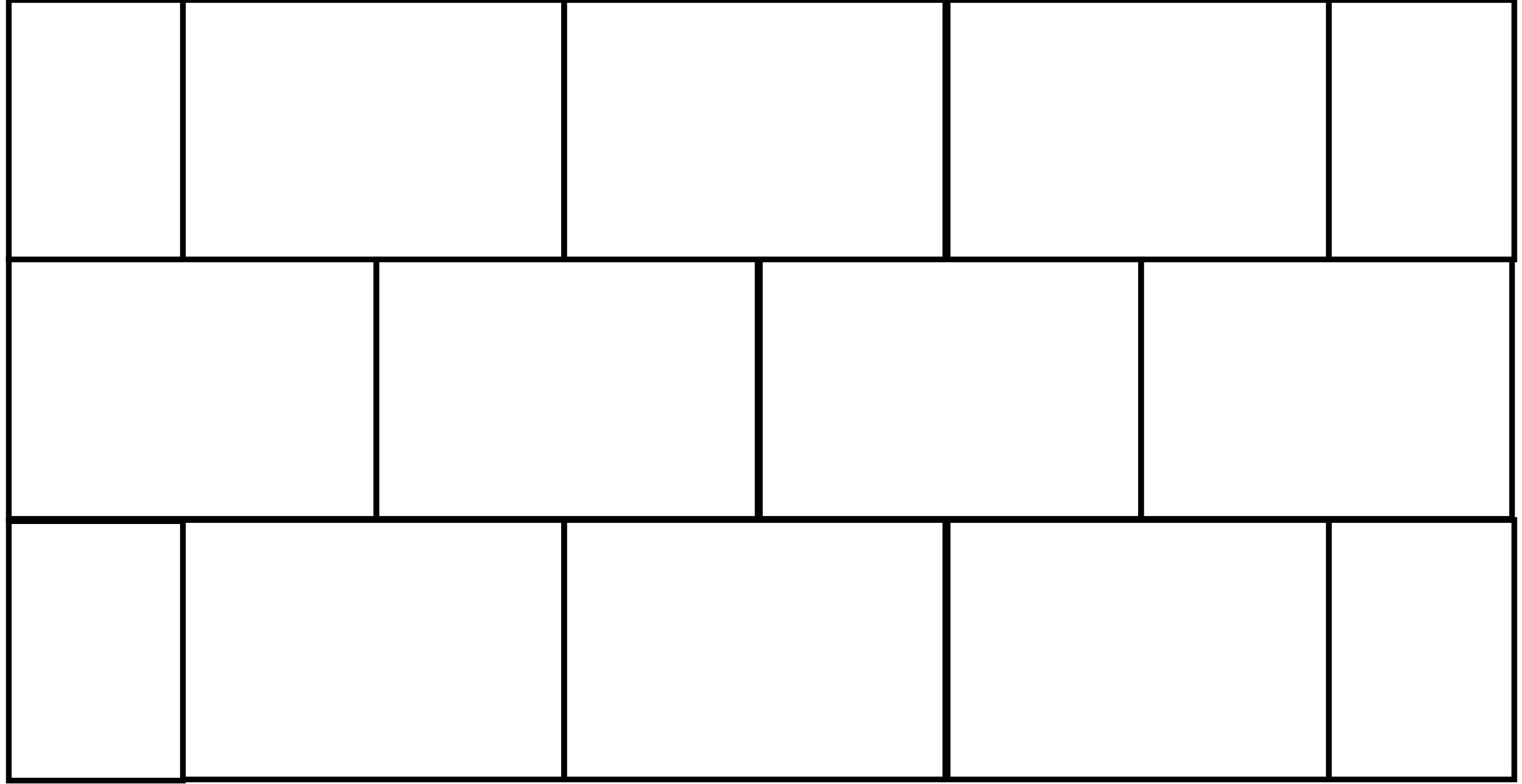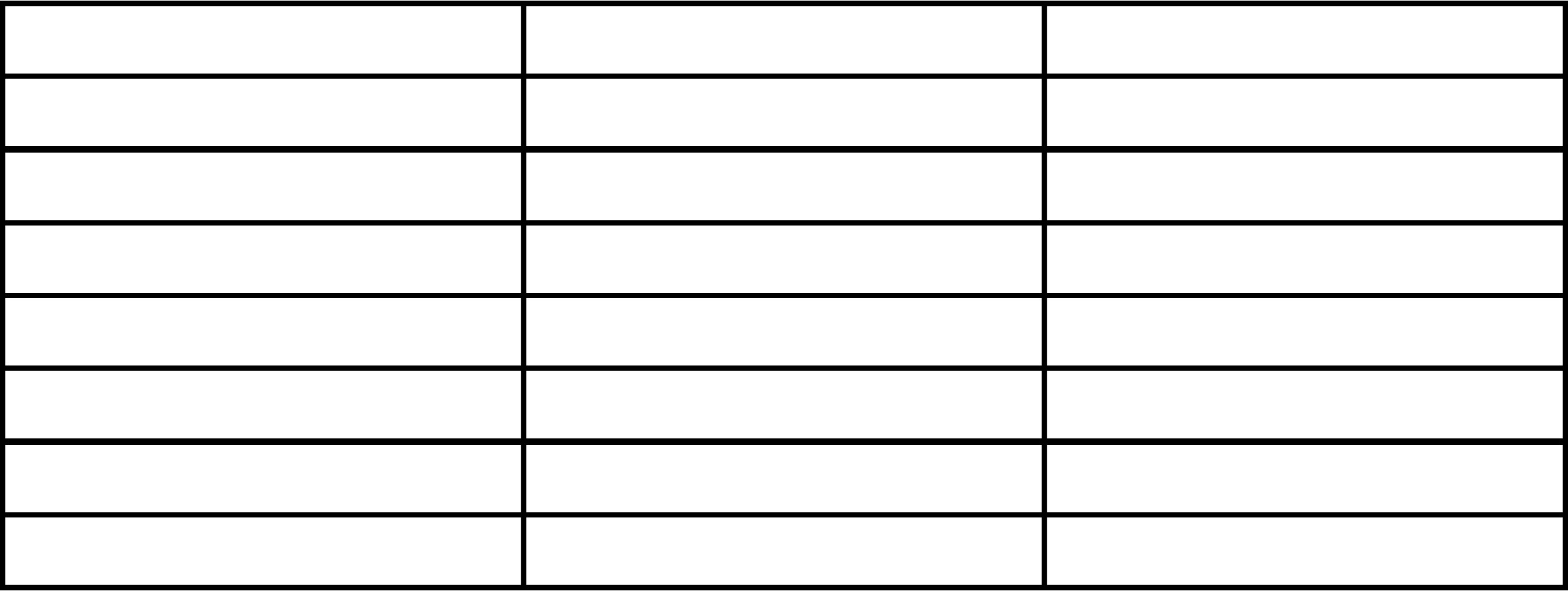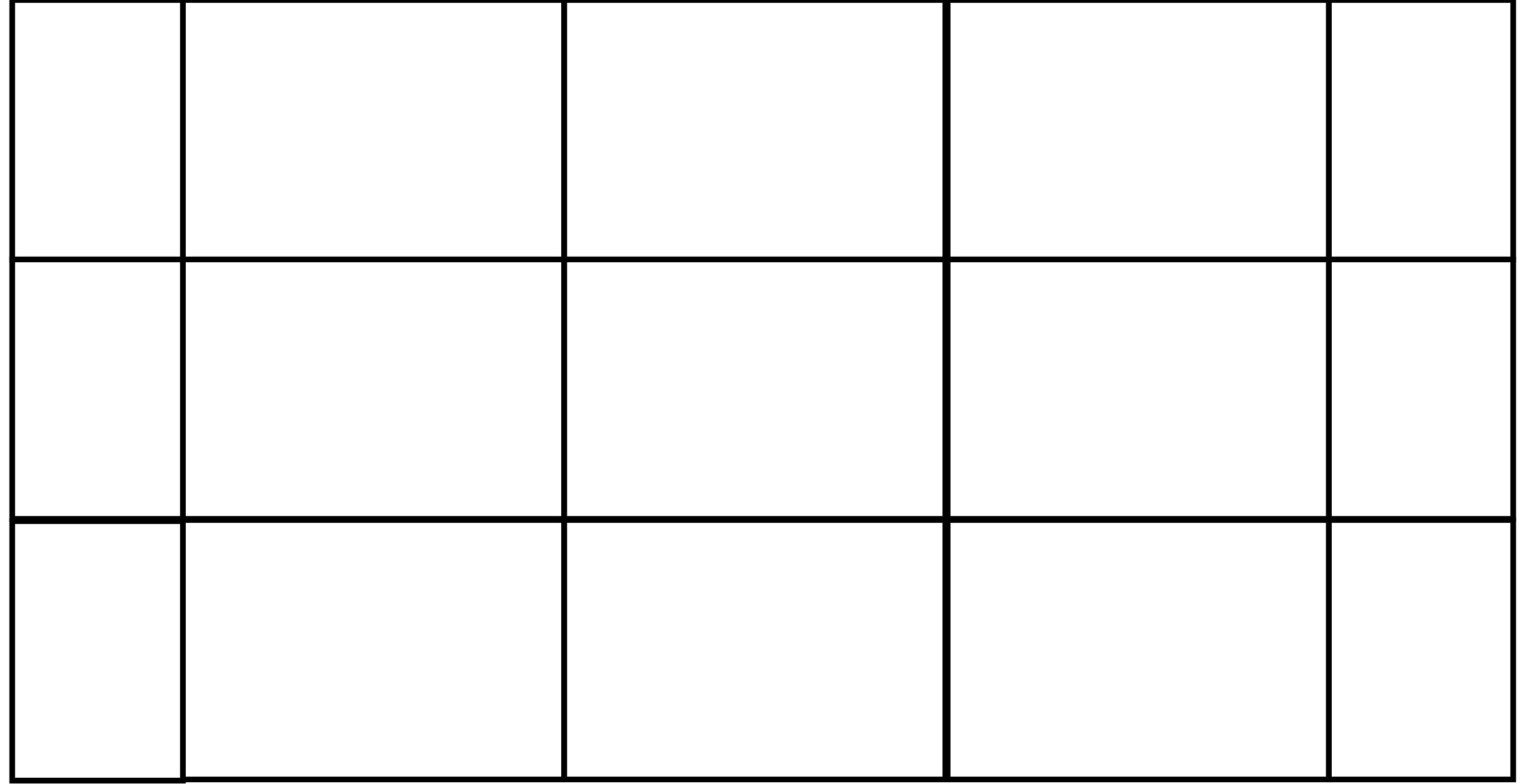
Recycle
The floor with runoff index = 0.05
Recycle® is a self-locking and draining outdoor flooring characterized by essential lines that guarantee a contemporary result with a modern look.
Recycle® is the ideal solution for filtering outdoor flooring as it has excellent resistance to wear and a very low degree of water accumulation inside it. Clean lines for compositions with a harmonious and balanced tactile and visual charm make Recycle a slab suitable for any type of outdoor, residential and public space.
Its innovative formulation consists of a resistant mixture of concrete with recovered porphyry aggregates, characterized by a percentage of voids that varies between 15% and 20%, with a filtering capacity of 50 liters per second/m2.
Recycle® has the typical colors of natural stone paving, is sustainable, long-lasting and suitable for both light and heavy vehicles.
Thanks to its porous structure it allows complete drainage of the water which, upon contact with the surface, is completely absorbed, avoiding runoff and thus delegating hydraulic management to the underlying drainage layers and the ground.
Thanks to their excellent permeability and good storage capacity, Recycle® slabs and blocks can be laid perfectly horizontal as they do not require any slope to convey rainwater to the tanks.
Recycle®, in addition to being an exceptional self-locking and draining outdoor flooring, is also a "cool pavement". In fact, thanks to the voids present inside the solid wood, the surface area of the shaded areas increases, thus favoring heat exchange and mitigating the heat island effect.

CZ Studio
The colors of Recycle® flooring are of the highest quality because they are obtained directly from the same inert material that makes up the product, such as the precious porphyry. This means that they are not composed of artificially added oxides or colorants. The choice to use quality aggregates such as porphyry gives the floor greater durability and resistance to stains. The natural colors of the aggregate remain intact over time, without fading or deteriorating due to exposure to atmospheric agents or daily wear. The quality of the colors of the "Recycle" floor is guaranteed precisely by the naturalness and purity of the aggregate used. This gives the floor a high-quality aesthetic appearance and superior resistance to stains, helping to maintain its beauty over time.



Design and quality outdoor flooring. Discover all Favaro1 floorings and find the perfect solution for your needs.



- 100 x 100 mm
- 375 x 250 mm
- 1000 x 200 mm
- Patented product
Technical specifications
Dimensions and packaging
- Mq/pallet: 7,84 mq
- Kg/pallet: 1238 kg
- Kg/mq: 100 Kg
Format 375x250 mm - thickness 110 mm
- Mq/pallet: 5,90 mq
- Kg/pallet: 1300 kg
- Kg/mq: 220 Kg
Format 1000x200 mm - thickness 85 mm
- Mq/pallet: 6,40 mq
- Kg/pallet: 1080 kg
- Kg/mq: 168 Kg
Format 1000x200 mm - thickness 150 mm
- Mq/pallet: 4 mq
- Kg/pallet: 1184 kg
- Kg/mq: 296 Kg
Vehicle accessibility
Urban or similar roads subject to a maximum traffic of 700 vehicles per day and in each direction without distinction of load
Format 100x100 mm thickness 80 mm: class 2B
Access roads to subdivisions from 10 to 300 homes. Pedestrian urban streets with access to limited load service and delivery vehicles
Format 1000x200 mm thickness 85 mm: class 1
Exclusively pedestrian spaces
Format 1000x200 mm thickness 150 mm: class 2B
Access roads to subdivisions from 10 to 300 homes. Pedestrian urban streets with access to limited load service and delivery vehicles
Certifications
- CAM
- Runoff coefficient = 0,05
- Surface slip/skid resistance
- Non-slip flooring DM 14/06/1989 n. 236 par. 8.2.2
- Minimum permeability coefficient (k) at 10°C (m/sec) (According to UNI CEN ISO/TS 17892-11) = 4,77 * 10-3 (17172 mm/h)
- Content of recycled materials DM 23/06/2022
- Solar reflectance index SRI ASTM E1980
Specification item
Recycle® Porphyry is produced with unprocessed natural grits, deriving from processing scraps from porphyry quarries, in order to reduce the depletion of natural resources by avoiding the excavation of new quarries and encouraging the use of materials considered "poor".
Recycle® is subjected to a pressure washer, this process allows you to enhance its natural porphyry grits, highlighting its native colors, highlighting the porous part, necessary for the permeability of the product, cleaning the grits from any saturating sand.
Thanks to this porosity it allows air and water to pass through the layers. In this way the underlying soil can breathe and lower the temperature of the surface and air, calming even the hottest days. Since Recycle® Porphyry is produced with recycled natural aggregates, at the end of the life cycle, the materials can be reintroduced into the production cycle or used for other purposes.
The four formats are characterized by the following technical characteristics
Physical and mechanical characteristics Model 375 x 250 x 110, according to the UNI EN 1338 standard, test methods applicable without obligation of CE marking: nominal dimensions 375 x 250mm, nominal thickness 110mm, tolerance on nominal thickness ±4mm, minimum breaking load for cutting ≥ 250 (N/mm), slip/slide resistance (USRV – average value) ≥79. Physical and mechanical characteristics Model 100*100*80, according to the UNI EN 1338 standard, test methods applicable without obligation of CE marking: nominal dimensions 100x100 mm, nominal thickness 80 mm, tolerance on nominal thickness ±3 mm, minimum breaking load for shear ≥ 250 (N/mm), slip/slide resistance (USRV – average value) ≥79.
Physical and mechanical characteristics Model 1000 x 200 x 85, according to the UNI EN 1339 standard, test methods applicable without obligation of CE marking: nominal dimensions 1000x200 mm, nominal thickness 85 mm, tolerance on nominal thickness ±3 mm, characteristic bending resistance ≥ 2.2 MPa, ultimate bending load ≥2.0 kN, slip/slide resistance (USRV – average value) ≥79. Physical and mechanical characteristics Model 1000*200*150, according to the UNI EN 1339 standard, test methods applicable without obligation of CE marking: nominal dimensions 1000x200 mm, nominal thickness 150 mm, tolerance on nominal thickness ±3 mm, characteristic bending resistance ≥ 2.5 MPa, ultimate bending load ≥5.6 kN, slip/slide resistance (USRV – average value) ≥79.
Common environmental sustainability characteristics
Environmental sustainability characteristics: absence of asbestos, recycled material content according to CAM EDILIZIA (Decree of 06-23-2022)≥17.3%. Minimum permeability coefficient at variable load ((k) at 10°C) (according to UNI CEN ISO/TS 17892-11). k=4.77 * 10-3 (17172 mm/h), (286.2 mm/min), capable of disposing of 100% of the maximum precipitation levels of project rainfall throughout the national territory, both new and long-term. The permeability of the pavement is therefore largely sufficient to guarantee the infiltration of the maximum meteoric contribution and allows the correct transfer to the lower states of even the maximum foreseeable contribution with a return time of 50 years.
It has the ability to store large quantities of water and infiltrate them over time. Recycle® can guarantee a flow coefficient equal to 0.05, a value which can reasonably be considered hydraulically invariant with respect to the type of agricultural land subject to usual agronomic operations. Installed according to the methods indicated by the UNI 11241 standard, excluding the granulometric melt of the bedding sand and clogging, on a ballast prepared according to the type of traffic expected and the state of the natural soil on the basis of the indications of the "Catalogue for the sizing of pavements in urban areas" published by Assobeton, 2005: the materials used for the bedding and ballast layer and their compaction conditions must in any case guarantee, in addition to the necessary load-bearing capacity, also long-term permeability coefficients such as to allow the regular filtration of surface water up to the collection level, or for total infiltration into the subsoil, based on the design rainfall. Please remember that the greater the slope of the pavement, the lower its permeability (due to a greater surface sliding coefficient).










